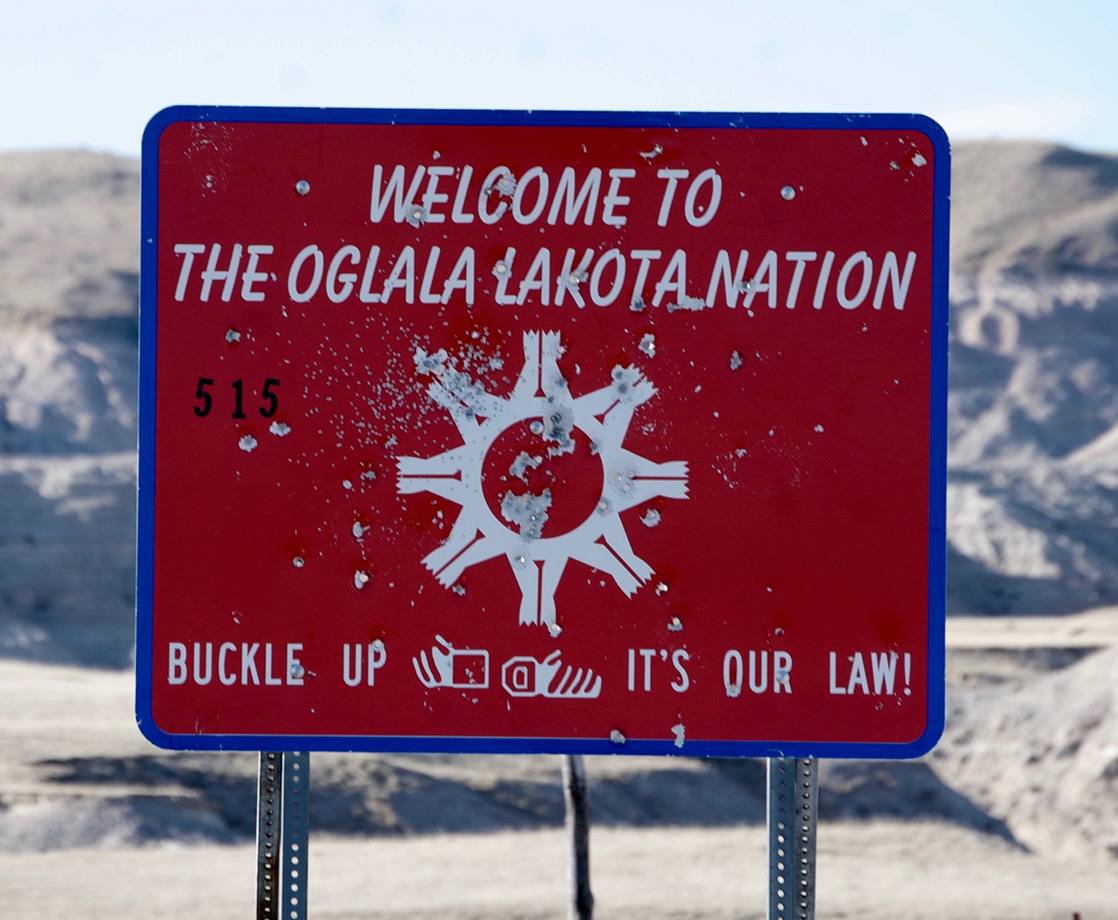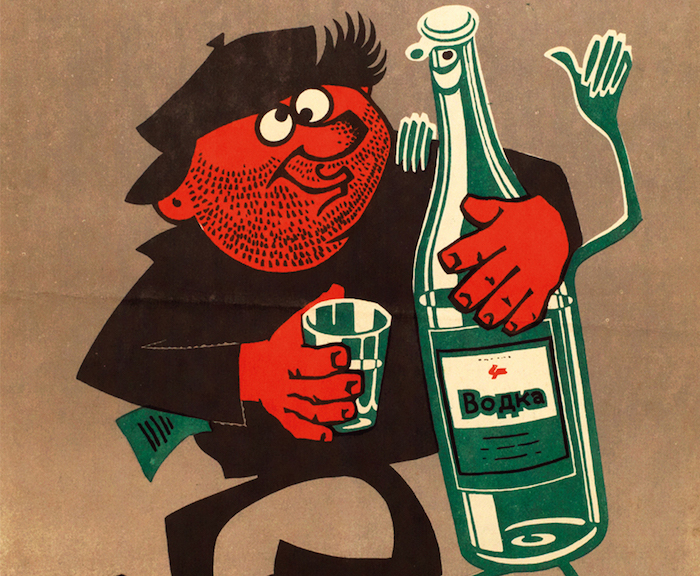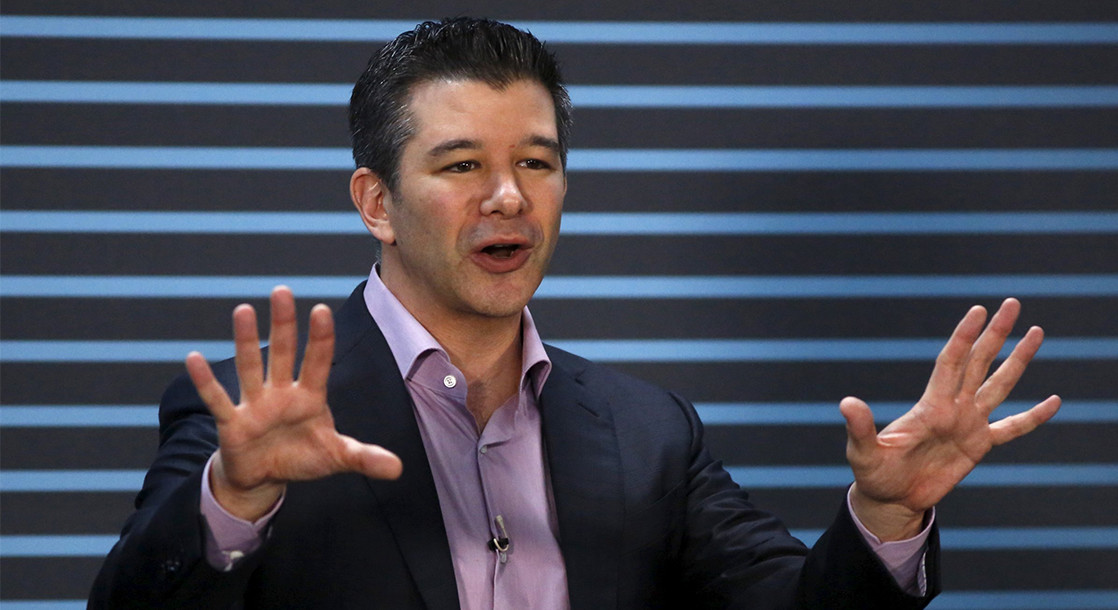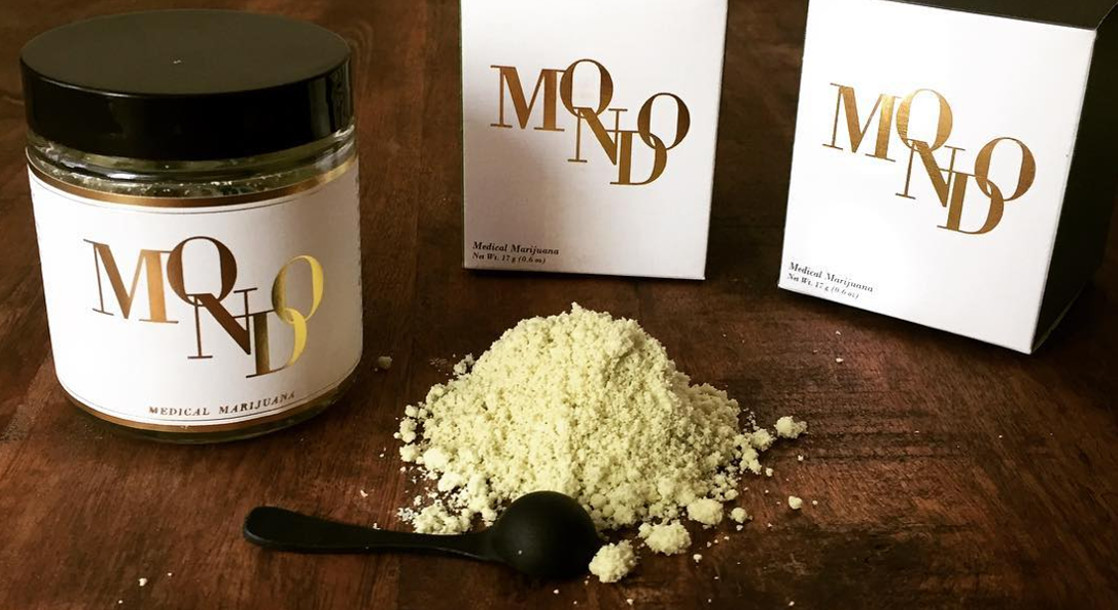Oglala Sioux Tribe members approved a tribal referendum to permit medical and recreational marijuana on South Dakota’s Pine Tree Reservation, according to early vote counts.
If tribal elders confirm Tuesday’s vote later this week, the tribe will become the first to legalize weed in a US state where pot remains illegal for all purposes.
The early counts suggest that marijuana legalization passed with overwhelming majorities among tribal members. Medical marijuana passed with 82 percent of the vote, and adult-use weed passed with 74 percent, the Star Tribune reported.
And the Oglala Sioux took a stand against booze while backing cannabis, too: Tribal members rejected a proposal to allow alcohol in their casinos. The alcohol referendum failed by a 12 percent margin.
Instead of alcohol at the casinos, tribal leaders are considering turning the Oglala Sioux’s casino into a pot resort, especially if South Dakota’s voters do not approve medical or recreational cannabis this year. Like the Oglala Sioux, voters in the Mount Rushmore State will get to vote on two separate marijuana legalization bills — one for medical, one for recreational — this November.
Oglala Sioux’s burgeoning bud program could generate up to $100 million per year for one of the nation’s most impoverished communities. Those numbers look especially promising to other indigenous communities, which recently asserted their tribal sovereignty when it comes to economic independence and drug policy reforms.
For instance, Wyoming tribes will vote this weekend to approve medical marijuana on the Wind River Reservation, and California recently issued its first state weed grow license to an indigenous marijuana company operating on tribal land.
Although the Oglala Sioux expect to have the new regulations for legal cannabis crafted by March 30, doing so could put them in conflict with state and federal law enforcement. South Dakota, out of all US states, has some of the harshest policies against cannabis. In fact, South Dakota’s government still hasn’t legalized hemp — the non-intoxicating, industrial form of cannabis — despite the US government removing hemp from federal drug scheduling over a year ago.
However, besides South Dakota’s prohibitionists, the federal government may not tolerate the Oglala Sioux’s new marijuana program, either. In 2015, South Dakota’s Flandreau Santee Sioux Tribe planned to open a pot resort on its tribal lands, but ultimately burned its crops and scrapped the idea after being tipped off that the feds would raid the resort as soon as it opened.
A Department of Justice memo issued under the Obama administration said indigenous tribes could regulate their own cannabis programs, though whenever they tried, federal authorities threatened to shut them down (or actually did shut them down, even for growing just hemp). However, the memo was not law; it was only a guideline suggested by the Department of Justice. Federal law enforcement’s campaigns against tribal marijuana continued into the Trump administration, after former Justice Department head Jeff Sessions rescinded two Obama-era pro-cannabis memos.











